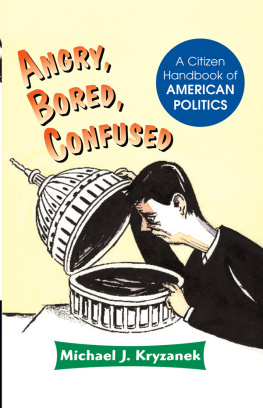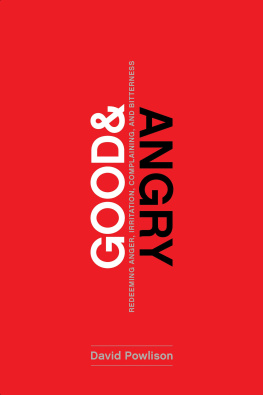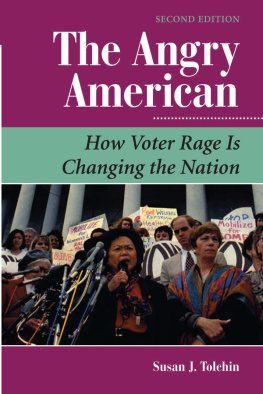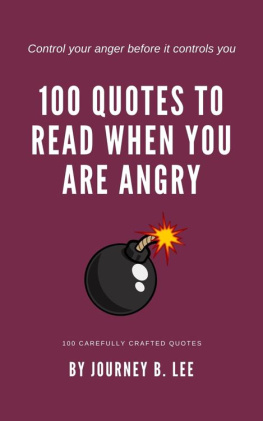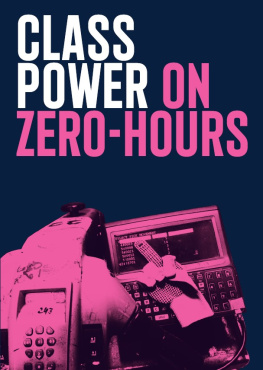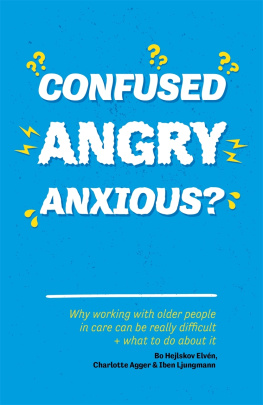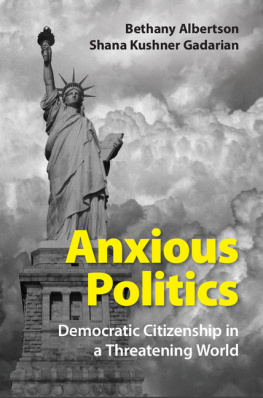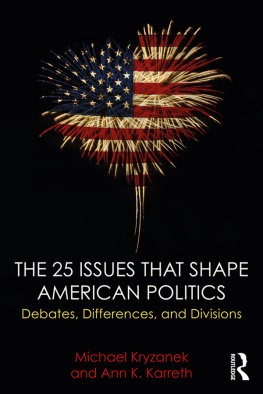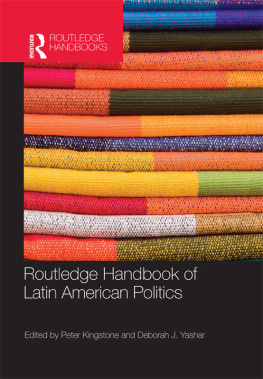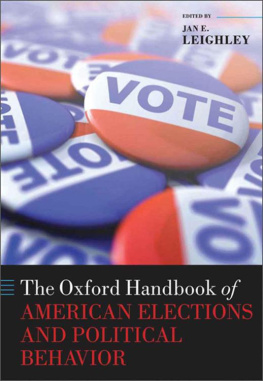First published 1999 by Westview Press
Published 2018 by Routledge
711 Third Avenue, New York, NY 10017, USA
2 Park Square, Milton Park, Abingdon, Oxon OX14 4RN
Routledge is an imprint of the Taylor & Francis Group, an informa business
Copyright 1999 by Taylor & Francis
All rights reserved. No part of this book may be reprinted or reproduced or utilised in any form or by any electronic, mechanical, or other means, now known or hereafter invented, including photocopying and recording, or in any information storage or retrieval system, without permission in writing from the publishers.
Notice:
Product or corporate names may be trademarks or registered trademarks, and are used only for identification and explanation without intent to infringe.
Library of Congress Cataloging-in-Publication Data
Kryzanek, Michael J.
Angry, bored, confused : a citizen handbook of
American politics / Michael J. Kryzanek
p. cm.
Includes bibliographical references and index.
ISBN 0-8133-6884-7 (hc.) ISBN 0-8133-6885-5 (pbk.)
1. United StatesPolitics and government. 2. United States
Politics and government1993 Public opinion. 3. United States
Social conditions1980 Public opinion. 4. Public opinion
United States. 5. Political cultureUnited States. I. Title.
JK271.K795 1999
320.973dc21
98-55173
CIP
ISBN 13: 978-0-8133-6885-6 (pbk)
I am sure you have played the word association gamea word is stated, and you answer with the first word that comes into your mind. If you try the word association game using American government as the starting point, the responses will likely be distressing. I play this game in my classes on a regular basis, and I have yet to elicit responses that suggest my students feel much in the way of trust, support, and hope when it comes to the American government. The responses usually range from corrupt to sleazy to bribes to scandals. Rarely do I get responses like effective, common good, or honest. My students responses reflect the deep-seated and disturbing belief among Americans that the politicians who lead their government are self-serving, money-grubbing connivers who run this country to benefit special interests and ultimately themselves.
In my classes, I try my best to give a balanced picture of American government, with its flaws and its opportunities, but I often run up against the latest newspaper headline or television news program that reinforces the perception that all is not well in Washington. I tell the students that they must see government as made up of human beings, some of whom use their power and authority to advance the interest of the people, and others who can be easily tempted by the perks of their office. Unfortunately, my modest cheerleading for what is good about American politics runs up against the constant drumbeat of scandal and petty partisanship. Wherever I look I find evidence that confirms that Americans have tuned out and turned off. Here is just a sampling of that evidence:
54.2 percent of the voting age population cast ballots in the presidential election in 1996, the lowest level since the Census Bureau began compiling figures in 1964. In 1998, voter turnout was 36 percent, the lowest turnout in an off-year election since 1942.
25 percent of Americans feel that they can trust the U.S. government most of the time; this is down from 71 percent in 1964.
21 percent of the American public expressed confidence in the U.S. Congress in 1995.
40 percent of Americans polled in 1996 could not name the Vice President of the United States, 94 percent could not name the Chief Justice of the Supreme Court. (AnswerAlbert Gore and William Rehnquist.)
In 1998, 26.7 percent of college freshmen said that keeping up with political affairs is very important. In 1966, 57.9 percent said so.
These bits of data lend credence to my choice of the title for this book. It would appear that Americans are indeed angry, bored, and confused when it comes to their view of government. They may not be angry, bored, and confused all at the same time, but it is a safe bet that their feelings about American government can be described by at least one of these adjectives. Unfortunately, these negative terms reflect one aspect of the reality of public life in the 1990s, which further feeds the current cultural malaise that accents all that is wrong with this country.
Yet the people that I interact with, whether in the classroom or in my daily walk through life, are not simply angry, bored, and confused. Americans are smarter than many pundits give them credit for. Yes, a negative streak shows up in the political data, but there is something else as well; there is a quest for answers, for straight talk about government. If Americans have anything in common in their attitude towards their government, it is that they are full of questions about the hows and whys of their democratic institutions and their elected leaders. They see the work of government every day in their pay stubs, in the warning label on the side of the cigarette package, in the signs on the highway, and in the soldiers who parade down their streets. But more often than not they still ask in exasperation why their taxes are so high or why the government regulates their private lives or why government spends money in one area of national life and not in another.
Government for many Americans has become incomprehensible and distant. With numbers like a federal budget of $1.7 trillion, 5,000 pages of 1RS regulations, and 2.8 million employees working in hundreds of departments, agencies, and bureaus, Americans are simply overwhelmed by the scope of their government. Then when petty partisan wrangling in Congress, campaign finance scandals, and the all-too-frequent sexual escapades of politicians are thrown in the mix, the result is a recipe for anger, boredom, and confusion. Nevertheless, it is the thirst for answers, for straight talk, that best identifies the public side of Americans.
I have no illusions about this book turning Americans away from being angry, bored, and confused about their government. I do believe, however, that it is necessary to begin approaching the explanation of American government in ways that are accessible to the average citizen, without being negative. When American government is presented to a general audience, whether in mainstream books, the electronic media, or the local newspaper, the presentation usually takes a whats wrong with America approach, and pounds the reader into submission with countless examples of how our government is going to hell in a hand basket.
What is missing is an old-fashioned question-and-answer handbook. Nothing fancy, nothing overwhelming, and nothing designed to make matters even more unclear. Angry, Bored, Confused attempts to be such a simple handbook, asking and answering the questions that are actually on the minds of the American people.

